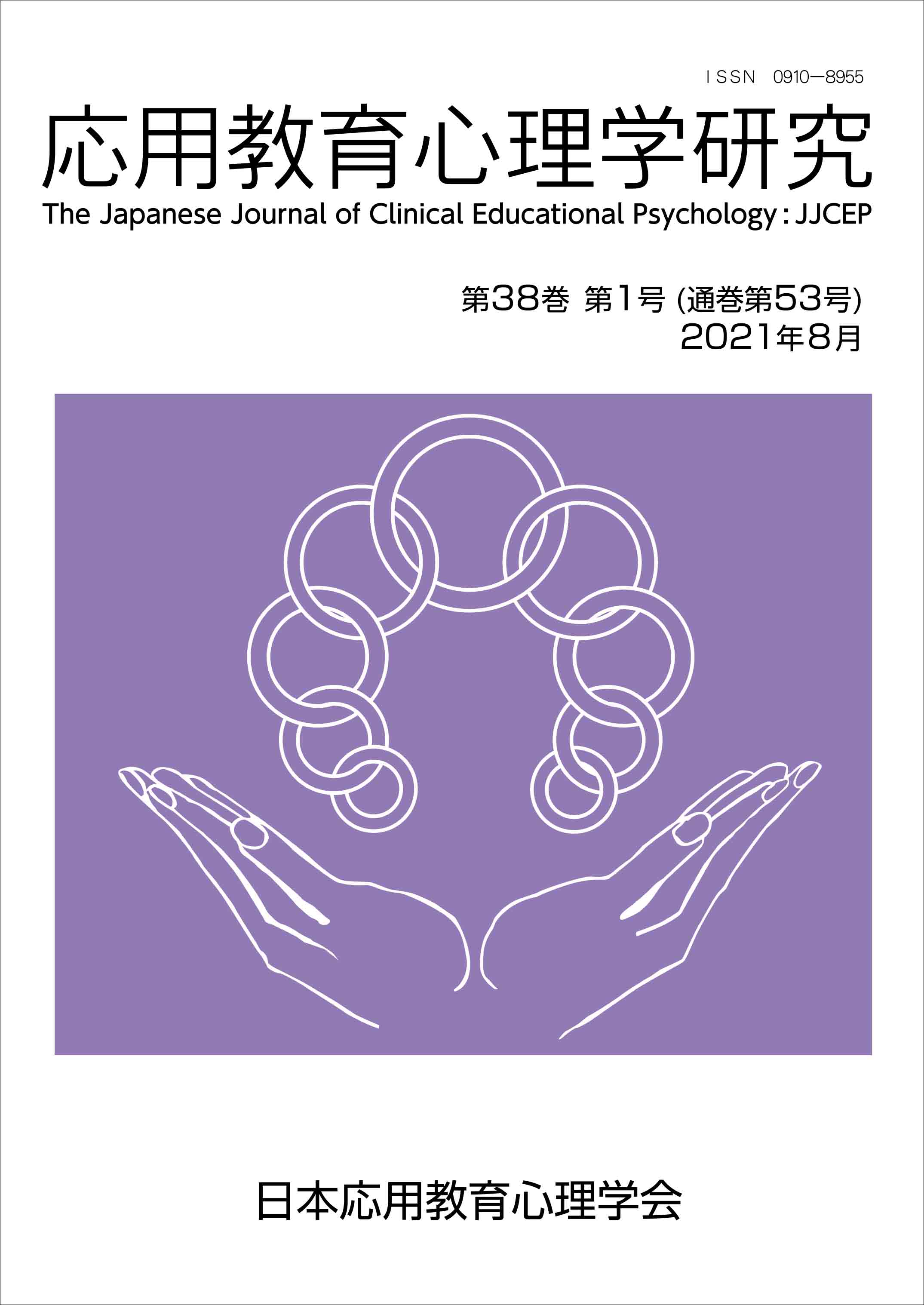Volume 32, Issue 2
Displaying 1-3 of 3 articles from this issue
- |<
- <
- 1
- >
- >|
-
2016 Volume 32 Issue 2 Pages 3-14
Published: March 31, 2016
Released on J-STAGE: April 17, 2023
Download PDF (693K) -
2016 Volume 32 Issue 2 Pages 15-24
Published: March 31, 2016
Released on J-STAGE: April 17, 2023
Download PDF (738K) -
2016 Volume 32 Issue 2 Pages 25-35
Published: March 31, 2016
Released on J-STAGE: April 17, 2023
Download PDF (707K)
- |<
- <
- 1
- >
- >|
